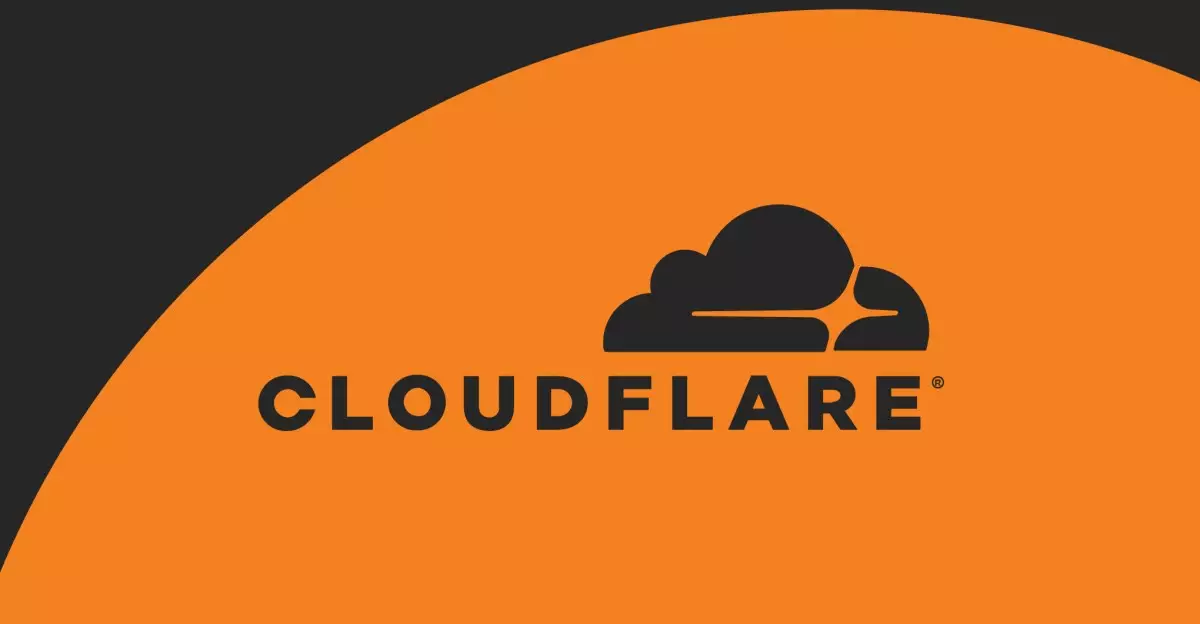In an era where artificial intelligence increasingly influences how information is accessed and consumed, the signaling of a paradigm shift in internet architecture is inevitable. Cloudflare, a titan among internet infrastructure providers, is undertaking a bold initiative to empower content creators and publishers to regain control over their digital assets. By default, the company is now blocking well-known AI web crawlers, asserting a move toward ensuring content creators are not left unpaid or uncredited in the burgeoning AI-driven ecosystem.
This strategy signifies more than a technical adjustment; it represents a philosophical stance on the importance of content sovereignty. Allowing publishers to explicitly choose which AI crawlers can access their data, and under what terms, marks a decisive step away from the lax, often unchecked scraping practices that have dominated the digital landscape. The introduction of a “Pay Per Crawl” program further refines this approach, turning content access into a monetizable activity for publishers, who can set prices and decide whether AI companies should pay for the privilege of training or browsing their content.
By selectively enabling this model, Cloudflare acknowledges the dual necessity of protecting intellectual property while accommodating the economic realities of AI development. The emphasis on transparency—requiring AI companies to declare their purpose—also introduces a new layer of accountability to an ecosystem that has historically operated with limited oversight. This move signals a broader shift toward respecting content ownership rights, fostering a marketplace where AI usage is not only transparent but also equitable.
Striking a Balance: Content Creators Versus AI Innovators
The tension between the proliferation of AI scraping and the rights of content producers is at the heart of this development. Many publishers and creators have watched helplessly as their work is mined for data without proper compensation or acknowledgment. Major players such as The Atlantic, The Associated Press, and Fortune have joined Cloudflare’s battleground, recognizing that sustainable digital content ecosystems depend on fair use policies and respect for original work.
Yet, this stance is also a calculated response to the overwhelming control AI companies have exercised over vast swathes of web content. While some AI firms are open to verification and transparency, others have previously scraped data without restrictions, leading to potential infringement on intellectual property rights. Cloudflare’s initiative is a call for a more structured and respectful approach, advocating for a system where AI companies pay for access, use content ethically, and clearly communicate their intentions.
This development raises important questions about the future of AI and content. Will this model foster innovation while safeguarding creators’ rights? Or will it stifle some AI advancements because of increased costs or bureaucratic hurdles? The approach favors those who value ethical AI development, signaling a paradigm where profit does not come at the expense of original content.
Implications for the Future of Internet Content
By setting these new standards, Cloudflare is articulating a vision of a more conscientious internet—one where content ownership and usage rights are respected and protected in the age of AI. This could mark the beginning of a more balanced ecosystem where creators are compensated for their efforts, and AI developers are held accountable for the sources they utilize.
Among the most notable implications is the potential for a divergence in the quality and diversity of content accessible to AI models. If publishers can monetize their data, they might be more inclined to produce original, high-quality works rather than having their content freely exploited. This could enhance the richness of information AI systems draw upon, ultimately benefitting end-users who seek trustworthy and ethically sourced data.
Meanwhile, the ripple effects of this initiative extend beyond individual publishers. It challenges industry norms, urging a re-evaluation of how content and technology interact. The emphasis on permission-based access and payment reflects an evolution toward a more sustainable, fair internet—stepping away from a model of free-for-all scraping toward one that recognizes the value of original human ingenuity.
As AI continues to embed itself into daily life, this renewed focus on consent, compensation, and transparency could serve as the foundation for a future internet that respects creators’ rights and promotes ethical AI development. Whether this approach will become widespread remains to be seen, but the signals from Cloudflare undeniably push the conversation toward a more equitable digital landscape.

